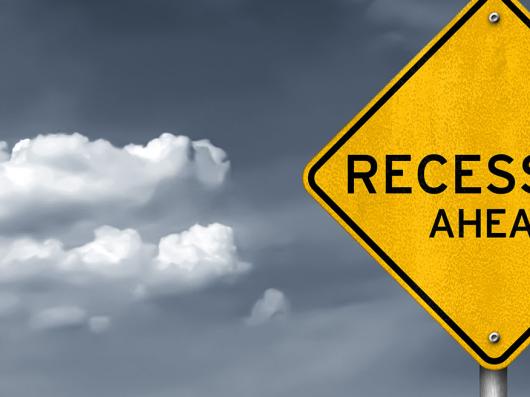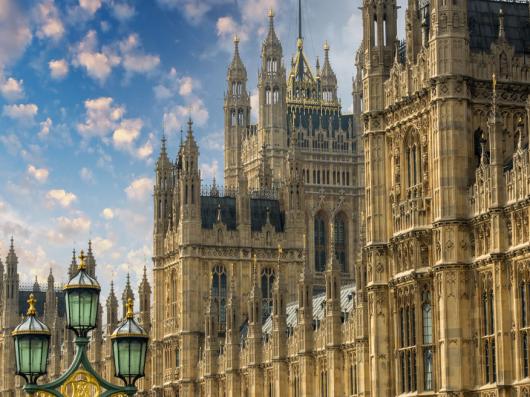Articles
Rishi Sunak’s new approach to cars, boilers and Net Zero
“Net Zero” refers to a concept regarding the emission of greenhouse gasses. It requires a balance between the greenhouse gasses we emit and remove from the atmosphere. If we can emit the same or fewer greenhouse gasses than we emit, we have achieved Net Zero.
Recession fears growing
There are fresh concerns that the UK economy could be heading for recessions, which is when two consecutive quarters record a decline in Gross Domestic Product (GDP). The recession alarm bell has been raised after new Bank of England data shows that the UK’s money supply has stopped increasing.
Inflation slows down to 6.8% - another rate rise?
The UK’s inflation rate dropped in July to 6.8% from 7.9% in June. This means the cost of living is still rising but now at a slower pace than previously. For many, this is on the whole good news. But does it mean the Bank of England will pause interest rates, or will they continue to rise?
Should we trust the BoE’s inflation forecast?
The central bank’s longer-term forecasts will guide today’s interest rate decisions. And if those forecasts are inaccurate, they could be making the wrong interest rate decisions. So, should we trust the BoE’s predictions?
Has the PM delivered on his promises?
Rishi Sunak made five promises for 2023. Although the end of 2023 is many months away, is he on track to keep his five promises? Let’s take a look.












